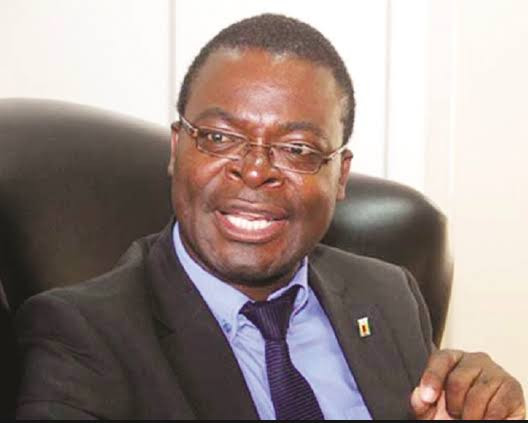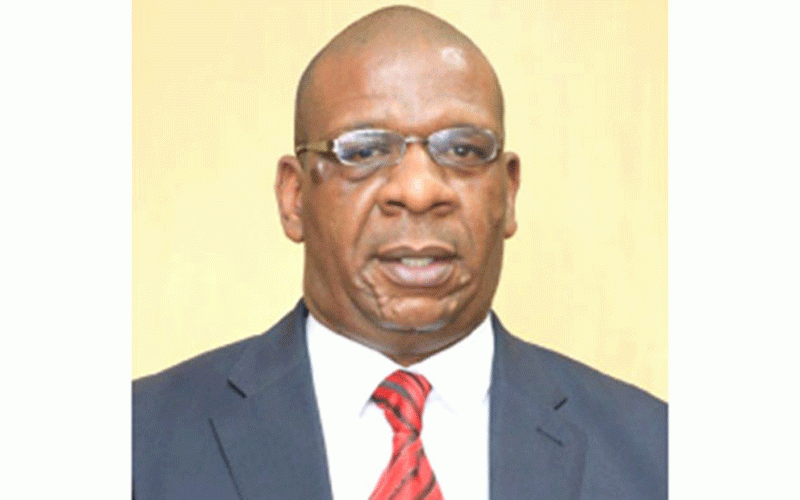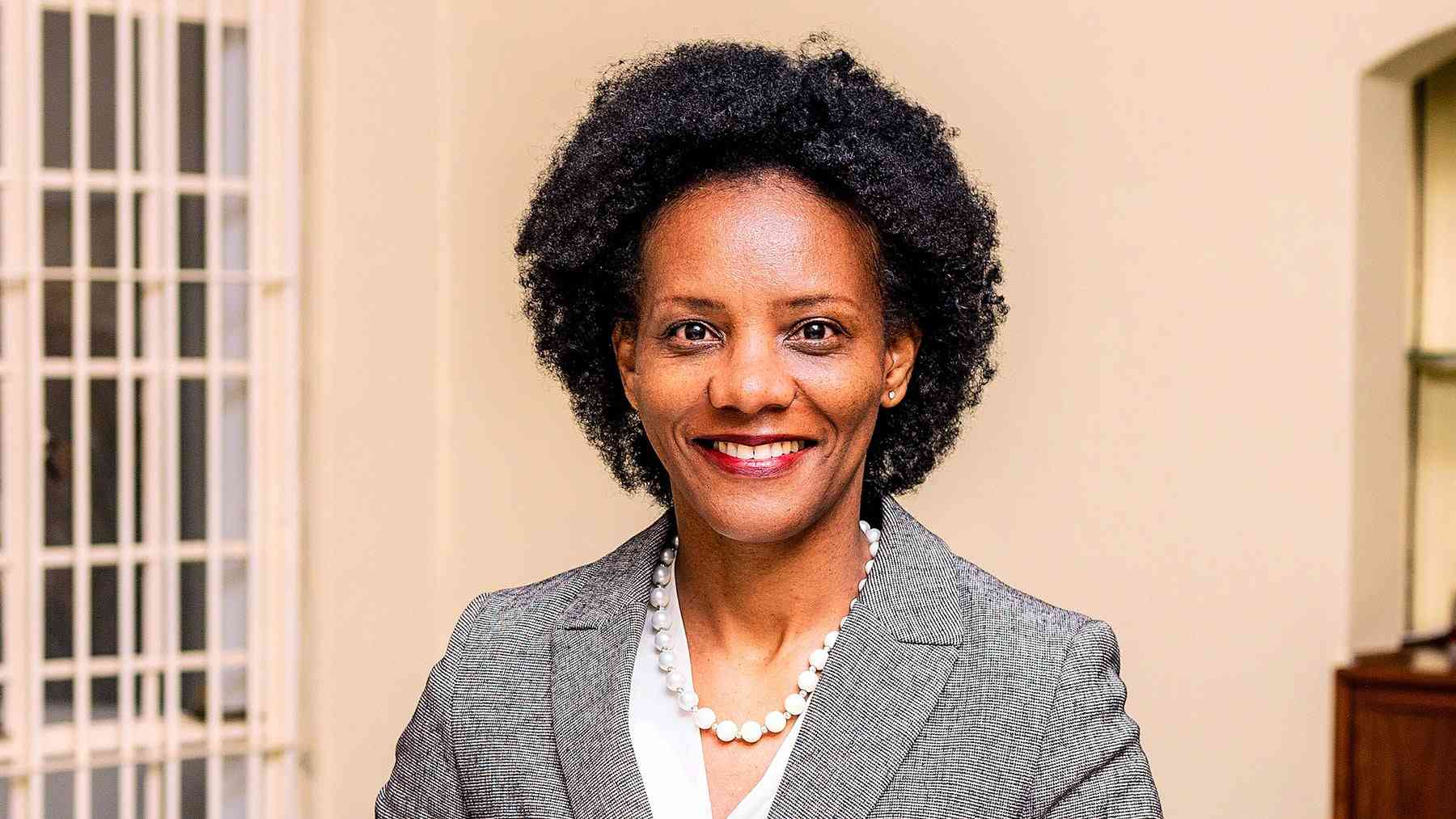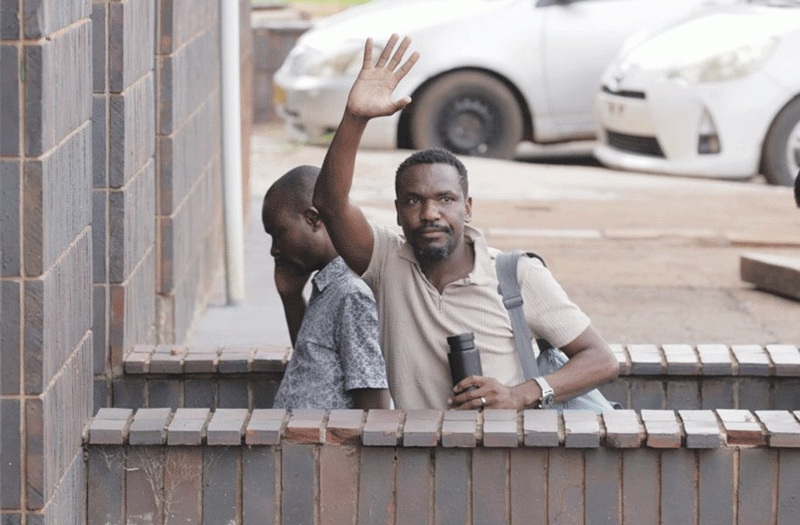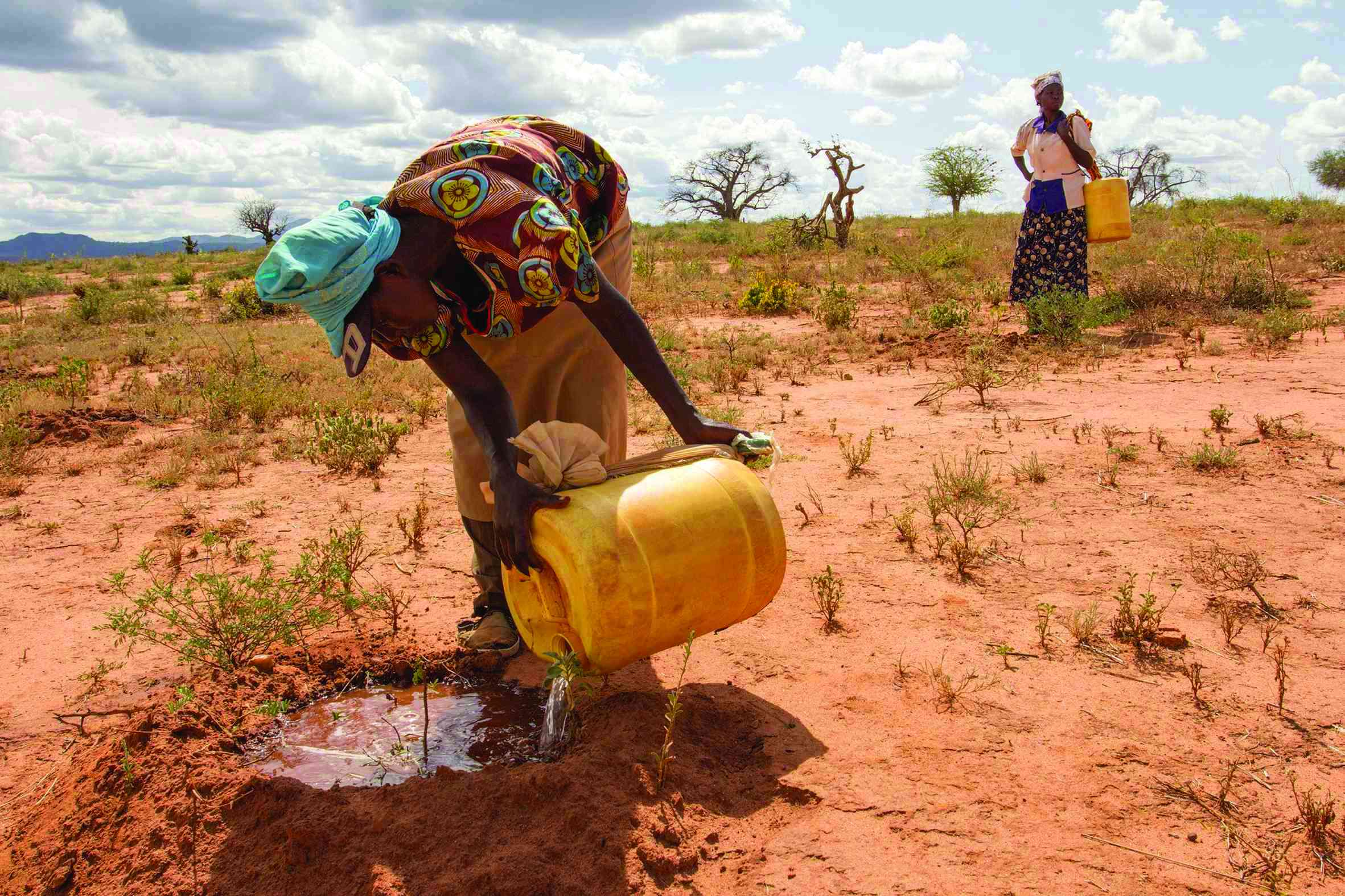
EXTREME weather conditions driven by climate change — such as heatwaves, floods, droughts, cyclones, and wildfires — are having devastating effects on vulnerable communities and women, according to a report by ActionAid.
The report underscores the urgent need for climate justice as millions face worsening food insecurity, poverty, and displacement.
The report reveals that in countries experiencing the most extreme weather, the number of people suffering from malnutrition soared from 21 million to 48 million between 2000 and 2022.
Moreover, climate change could push over 120 million people into poverty by 2030, according to ActionAid.
Research conducted by the organisation in 2023 also highlighted that 93% of countries most vulnerable to climate change are either in debt distress or at high risk, limiting their ability to invest in critical sectors such as education, health, or climate action.
As a result, governments are often forced to extract more from the poorest segments of society to repay debts, exacerbating inequality.
During the ActionAid and MESHA joint Climate Justice Science Café this week, Paula Castro, ActionAid International’s policy adviser on climate justice and corporate advocacy, said climate-related hazards were intensifying inequality.
“Only in 2022, 98% of the 32,6 million new internal displacements were the result of weather-related hazards such as storms, floods and droughts,” the report reads in part.
- Women suffer climate change crisis
Keep Reading
"Climate change could cause over 200 million people to migrate within their own countries by 2050."
Teresa Anderson, ActionAid International’s climate justice lead, said their work on climate justice was rooted in the growing humanitarian crisis spurred by climate change.
She pointed out that wealthy countries and corporations in the Global North bear historical responsibility for climate change but experience the least severe impacts, leaving marginalised communities in the Global South — particularly women and girls — most vulnerable.
“When we talk about social justice, we mean economic justice, women’s rights and of course climate justice. We work on climate justice because climate change is escalating humanitarian disasters," she said.
“It is reversing all of the work we do to advance economic justice, women’s rights, and children’s access to education.
“Wealthy countries, corporations, people of the Global North have been industrialising and polluting for a century or more, greenhouse gases (GHGs) in the atmosphere today include those that were released by Global North countries 20, 50, 100, 150 years ago."
Anderson said while Global North countries have industrialised and polluted for over a century, the greenhouse gases (GHGs) released decades ago remain in the atmosphere today.
“We need to investigate past responsibility for climate change while analysing the remaining carbon budget,” she said, calling for accountability from those historically responsible.
“Women are too often left out of community or government decision making processes and consultations, so their needs and challenges are systematically ignored.
“Decision making tends to meet the needs of elite men in suits with power points rather than those most in need; so risk increasing inequality,” Anderson said.
The report also calls for urgent action to transition to a low-carbon economy, as fossil fuels are the leading driver of climate change, responsible for over 75% of global greenhouse gas emissions.
Industrial agriculture, the second-largest contributor, accounts for 13-21% of global emissions.
ActionAid’s findings suggest that the rich nations of the Global North owe the Global South over US$100 trillion in climate debt by 2050, making it clear that climate finance must be counted in the trillions, not billions, to adequately address the crisis.
“Agriculture, more specifically industrial agriculture, is the second largest source of greenhouse gas emissions globally, which accounts for 13-21% of greenhouse gas emissions globally,” Anderson said.
“Research suggests the rich countries in the Global North owe over US$100 trillion in climate debt to the Global South by 2050 — hence why the amount of climate finance should be counted in the trillions and not the billions.”
To combat this injustice, the report urges a shift in decision-making processes to prioritise the needs of vulnerable communities.
Key recommendations include investing in climate adaptation measures, reducing debt burdens for climate-vulnerable countries, and promoting gender equality and women’s empowerment.

